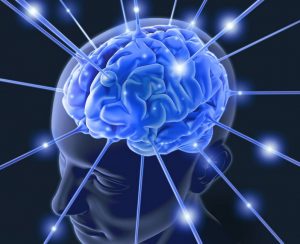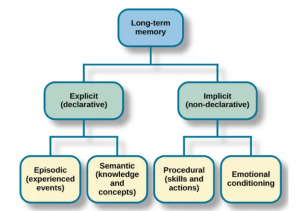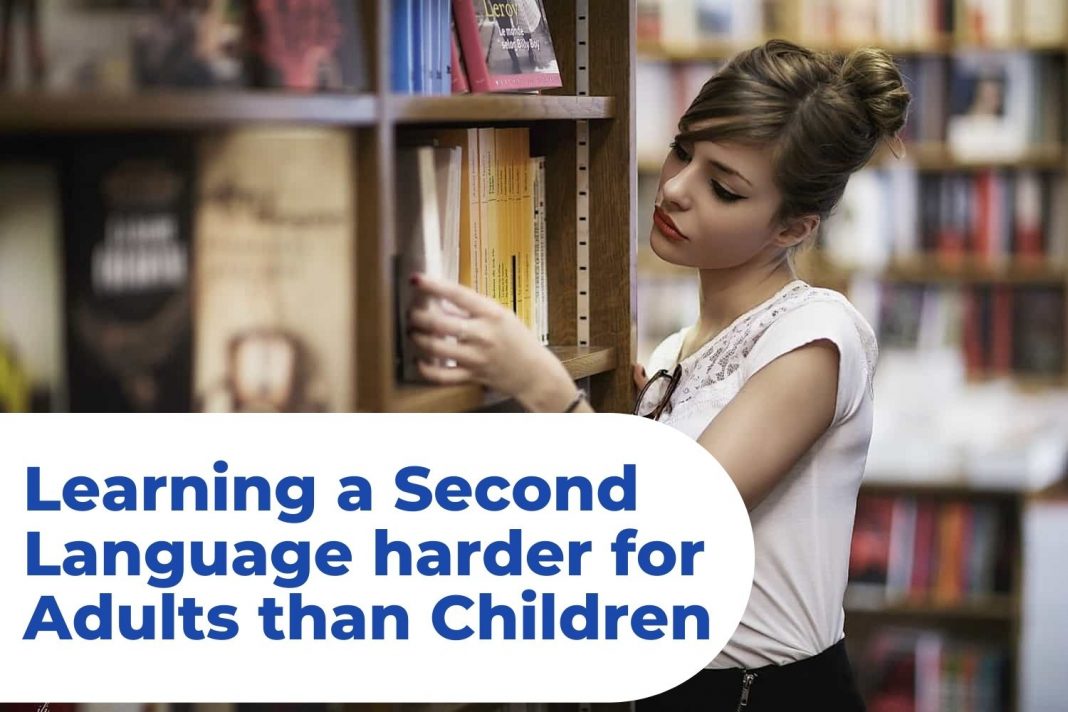Have you been wondering why you are struggling to understand or learn a new language quickly? Then the fact that you are not the only adult finding it hard to learn a second language should console you.
Many adults have a hard time to learn a second language, and it is no myth. This is very much unlike children whose flexible brain development at the early stages allows them to form the necessary connections to learn a new language while naturally immersing in it. Meaning they do not have to study it, repeating vocabulary, grammar, etc. as they learn it by hearing and using it.
You can read more about the scientific background and tips for second language acquisition here:
The question of why adults find it challenging to learn a second language has multiple answers and explanations fuelled by numerous findings in research regarding this topic. The simple answer is related to brain function. In learning a new language, the brain must create new cognitive frameworks that are easier to accomplish in kids than in adults. This is the simplest way to put it.
There is also the issue of time and discipline. Learning a new language requires constant practice that the average adult will struggle with, especially if they lack motivation such as going on a holiday where that language is spoken. Ideally, a language should be learned in the environment where it is spoken so that constant language exposure is provided. However, various language learning apps can help with that.
This article looks at possible reasons why adults struggle to learn a second language.
The individual Capacity of the Brain
 Most kids can learn new languages just as a native language. On the other hand, many adults struggle with learning a new language. However, some struggle more than others. If you have several adults study a new language within the same timeframe, some will learn faster than others. According to research, the way an individual’s brain is wired can predetermine their success with the language learning process.
Most kids can learn new languages just as a native language. On the other hand, many adults struggle with learning a new language. However, some struggle more than others. If you have several adults study a new language within the same timeframe, some will learn faster than others. According to research, the way an individual’s brain is wired can predetermine their success with the language learning process.
This McGill University research had several participants undergo a 12-week intensive French course. The brains of the participant were scanned before and after the course. The results showed a stronger connection between the brain areas used for reading and speaking in participants who performed better.
This could indicate that some adults have a better cognitive ability to learn a new language than others, which could derive from genetics as well as environmental exposure. This shouldn’t, however, stop you from learning a new language if you want to.
The Memory Systems
 While learning a second language has its advantages for our brain’s capacity and function, this fact doesn’t make it any easier to learn the language. One of the primary reasons children learn new languages more comfortably than adults is how they learn them, which is entirely different from adults.
While learning a second language has its advantages for our brain’s capacity and function, this fact doesn’t make it any easier to learn the language. One of the primary reasons children learn new languages more comfortably than adults is how they learn them, which is entirely different from adults.
There are two major memory systems influencing learning in humans: declarative memory and procedural memory.
Declarative memory deals with how we learn vocabulary, facts, and other basic knowledge. But the procedural memory learns new things effortlessly, without even trying. It helps us learn new skills, techniques, actions, and habits through doing. It mostly happens subconsciously like riding a bike.
The procedural memory develops very early in humans, so we often use it to learn both simple and complex contexts such as grammar rules. However, our declarative memory, which we use for learning words, requires a much longer time to remember them. As adults, we tend to use our declarative memory more as we must learn the things that we know consciously. Children in contrast mainly use their procedural memory to learn grammar (across different languages) easily and effortlessly without the declarative memory being a hindrance or distraction to them. This is why languages that we learn as kids are native to us, unlike when we learn them as adults.
As adults, we tend to use declarative memory much more. So we don’t pick up those new words, vocabulary, or grammar rules naturally anymore. Even when our procedural memory picks them up, we tend to overthink and overanalyse them without declarative memory, which complicates the learning process.
Unlike children, who don’t even have to consciously learn a language before they know it, we try very hard to learn the language. Most times, we try too hard, and it hinders the process. The need to be perfect and get things right as adults are why it’s harder for them to learn a second language.
Learning a Second Language as an Adult
 The fact that it is harder to learn a new language as an adult shouldn’t stop you from trying. A major problem with learning a second language as an adult is cross translation. The need to always revert to your first language to express yourself better is a significant hindrance. It means that you have words in the second language that you can’t use to express yourself independently of the first language because these words are interconnected and referenced with your native language.
The fact that it is harder to learn a new language as an adult shouldn’t stop you from trying. A major problem with learning a second language as an adult is cross translation. The need to always revert to your first language to express yourself better is a significant hindrance. It means that you have words in the second language that you can’t use to express yourself independently of the first language because these words are interconnected and referenced with your native language.
You can solve this problem and restore the brain’s ability to learn a second language with the multitasking brain.
You will need to constantly perform three actions simultaneously:
– speaking,
– reading,
– and listening
in the second language.
This vast workload allows the brain to stop cross translation automatically as a result. The brain will then form a new language centre for the second language, and all the symbols and words that were connected with the first language in its language centre will be rewired in the new language centre. It then becomes easier to learn the new language.
Thankfully, there are language apps and numerous online resources that can help with speaking, reading, and listening to a foreign language to help adults learn them faster and for learning English we have some expert recommendations:
Author Bio:
Jessica Chapman is a writing editor from Chicago working for a cheap assignment writing service. She is into sport and politics, enjoys traveling. Find her on Twitter.
Author Profile

- Editor in Chief
- Blogger and Educator by Passion | Senior Online Media & PR Strategist at ClickDo Ltd. | Contributor to many Education, Business & Lifestyle Blogs in the United Kingdom & Germany | Summer Course Student at the London School of Journalism and Course Instructor at the SeekaHost University.











